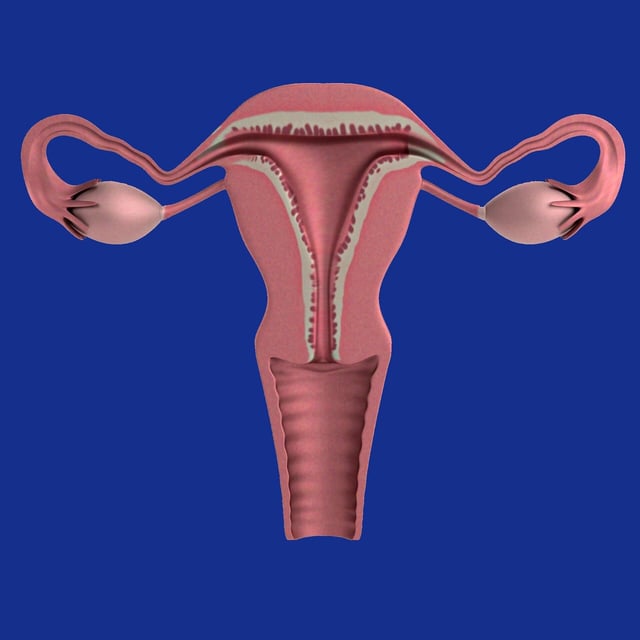Overview
- Single-cell RNA sequencing uncovered developmental alterations in fallopian tube epithelial cells from a 22-year-old BRCA2/TP53 mutation carrier
- The study found an overwhelming predominance of secretory cells driving chronic inflammation, a key factor in tumorigenesis
- Missing progesterone receptors in high-risk fallopian tube cells suggest progestin-based contraceptives may not reduce cancer risk for mutation carriers
- Insights into fallopian tube origins of high-grade ovarian cancer could reshape screening protocols and timing of preventive surgeries
- Mayo Clinic’s fallopian tube biobank cultivates patient-derived organoids to support ongoing study of ovarian cancer’s earliest stages
